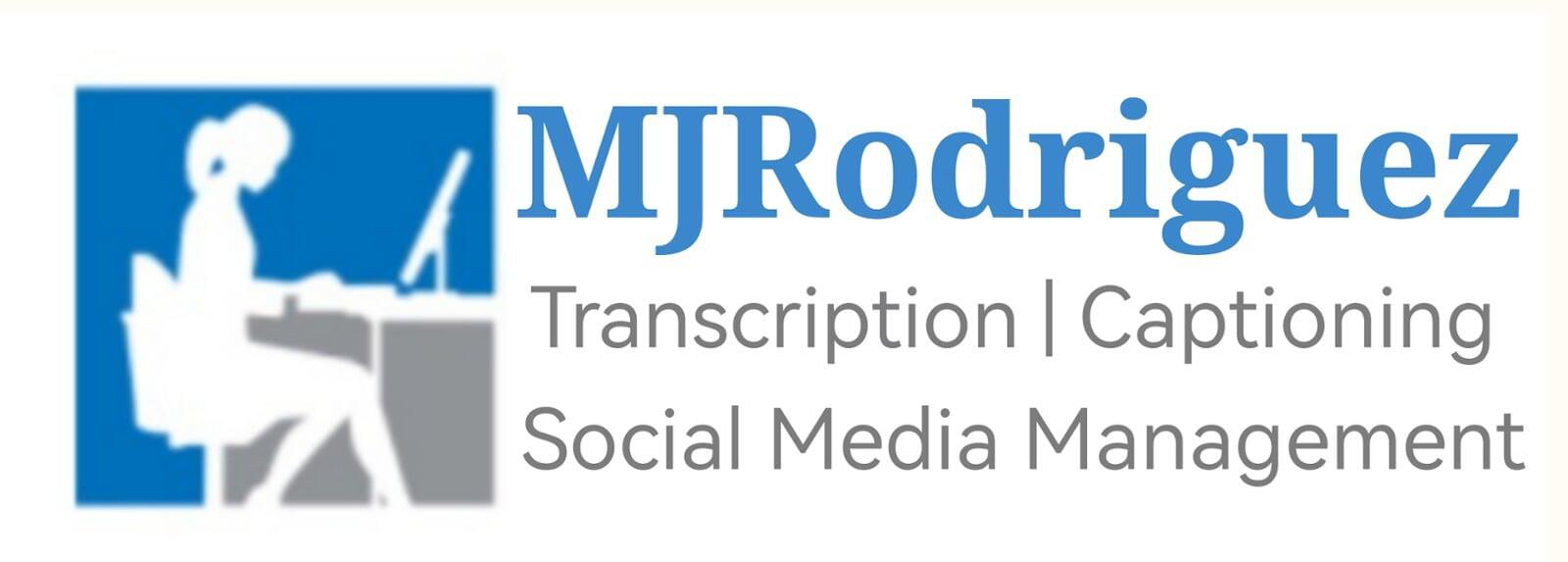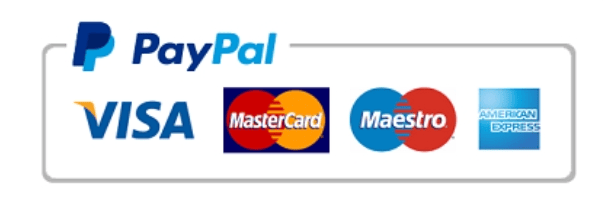The Importance of Client Confidentiality and Data Security in Freelance Transcription
In the freelance transcription industry, client confidentiality and data security are paramount. Freelancers often handle highly sensitive audio and video files, which makes protecting this information crucial to maintaining trust and professionalism. Unlike larger companies with dedicated data security teams, freelance transcriptionists bear the responsibility themselves to ensure information is kept safe, often with fewer resources. Yet as more clients seek freelance transcription services, particularly for sensitive fields, the demand for confidentiality and security is at an all-time high.
Why Client Confidentiality Matters in Freelance Transcription
Freelance transcriptionists are entrusted with a wide range of client data, including private interviews, medical records, legal proceedings, and corporate meetings. A breach of this trust can lead to financial loss, reputational harm, or even legal issues for the client. Protecting client confidentiality isn’t only an ethical obligation; in certain industries, it’s also a legal requirement. For example, freelancers who transcribe healthcare or legal content must adhere to strict privacy laws (such as HIPAA in the U.S. for healthcare data). Ensuring confidentiality helps build a reputation of trustworthiness and can lead to more stable, high-value work for freelancers.
Essential Security Practices for Freelance Transcriptionists
Without the backing of an in-house security team, freelance transcriptionists need to adopt strong, self-directed security practices. Key measures include:
1. Encrypted File Transfers and Storage: Freelancers should use secure, encrypted file-sharing platforms to protect data during transfers. Storing files securely, whether locally or in the cloud, also helps prevent unauthorized access.
A good example of encrypted file transfers and storage for freelance transcriptionists is using services like Dropbox Business, Google Drive with encryption plugins (like Cryptomator), or WeTransfer Pro. These platforms offer secure, end-to-end encryption options that protect files both in transit and at rest, meaning files are protected from unauthorized access when uploaded, downloaded, and stored.
Another option is Tresorit, a cloud storage service known for its zero-knowledge encryption, which ensures only the transcriptionist and authorized client have access to the files. For smaller projects, freelancers can also consider ProtonMail for secure file sharing, as it encrypts emails and attachments. By using these tools, freelancers can offer a secure file-sharing experience that builds client confidence in their commitment to data security.
MJRodriguez Transcription Services uses a transcription workflow management system with key security features to protect client data. It supports encryption for files in transit and at rest and offers two-factor authentication for enhanced access security. These measures ensure confidentiality and align with industry standards, making it a reliable choice for handling sensitive transcription work.
2. Controlled Access to Files: Only the freelancer and any approved assistants should have access to client files. Password-protecting files and platforms adds an extra layer of security, keeping information safeguarded.
3. Anonymization of Sensitive Data: In cases where data sensitivity is very high, freelancers can anonymize files to reduce exposure of personal information. This can involve removing identifying details where possible.
A strong example of anonymization for freelance transcriptionists is using placeholder names or generic identifiers instead of real names or specific details when transcribing sensitive information. For instance, in medical transcription, a freelancer could replace a patient’s name with "Patient X" or "Client 123", and remove any other directly identifying details, such as addresses or specific dates. Additionally, many transcription tools allow users to redact information automatically during the transcription process, removing identifiers before files are saved or shared with clients.
Another example includes separating personal information from the main transcript in a secure, encrypted document and only sharing anonymized content unless specified by the client. This keeps sensitive data private and complies with data protection standards like HIPAA for medical transcription or GDPR for European clients, where anonymization of personal data is required for compliance.
4. Securing Devices and Networks: Freelancers should work on devices with updated antivirus software and avoid using public Wi-Fi when handling client files. A VPN can help secure network connections for those working remotely.
5. Timely Deletion of Files:Once a project is completed, deleting files according to the client’s policy or privacy standards ensures data doesn’t linger, reducing the risk of later exposure.
MJRodriguez Transcription Services ensure the highest level of data security by implementing strict file deletion protocols, access controls, and data encryption within its transcription workflow management system. Only an authorized person can delete files, and all actions are logged for accountability.
Ethical Practices to Uphold Confidentiality
Client confidentiality in freelance transcription extends beyond technical safeguards. Ethical practices also play a key role:
- Signing Non-Disclosure Agreements (NDAs): Freelancers should encourage clients to formalize confidentiality through NDAs, setting clear expectations and legal boundaries around data use and disclosure.
- Adhering to Clear Retention and Deletion Policies: Freelancers can help clients feel secure by committing to delete files after a project is complete, especially when there’s no ongoing need to retain the data.
- Practicing Professional Discretion: Freelancers should avoid discussing project details in casual settings or online forums, as this can risk unintentional data exposure.
The Role of Ongoing Security Training for Freelance Transcriptionists
In freelance transcription, self-directed learning in security practices is essential. Unlike full-time employees in larger firms who may have access to in-house training, freelance transcriptionists must proactively seek out information and resources on confidentiality and data security. Online courses, webinars, and certifications offer valuable, affordable training opportunities that freelancers can leverage to stay updated. Platforms like Transcribe Anywhere, Coursera, Udemy, and LinkedIn Learning provide various transcription and data security courses often at discounted rates. Additionally, Project Untethered lists both free and paid courses, and websites like Eventbrite and Meetupfrequently have affordable or free webinars and workshops.
Those who work in fields like medical, legal, or corporate transcription—where confidentiality is especially critical—can benefit from this training to ensure their practices are in line with current standards. Regular self-assessments, such as checking for vulnerabilities in file storage or reviewing device security, can help freelancers identify areas for improvement and address potential weaknesses. Freelancers who demonstrate a clear commitment to data security stand out in the market, showing clients that they’re not only skilled at transcription but also serious about protecting sensitive information.
Building Client Trust through Confidentiality and Security
For freelancers, building a strong reputation for confidentiality and security can be a significant advantage in a competitive field. Clients who feel assured that their data is in safe hands are more likely to return for future projects, leading to stable client relationships and potentially higher-paying assignments. When freelancers prioritize security, they gain a reputation for professionalism and integrity, making them stand out among competitors.
In the freelance transcription industry, client confidentiality and data security are essential to fostering trust and reliability. Freelancers must actively engage in best practices to safeguard client data and maintain confidentiality, which isn’t only about compliance but about long-term success in the industry. By prioritizing data protection, freelance transcriptionists can deliver a reliable, trustworthy service that sets them apart in today’s digital landscape.




